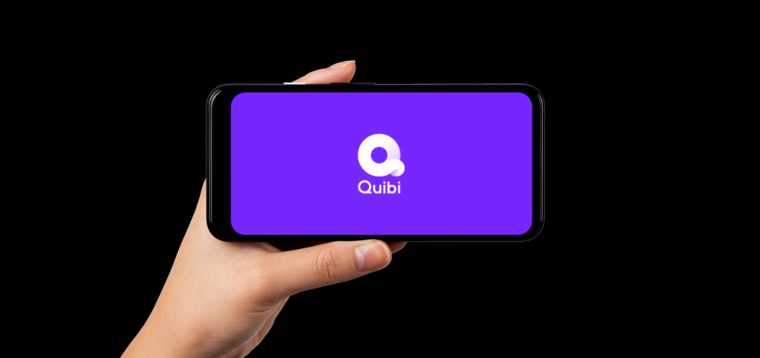
Quibi, the curious “TV on your phone” service that lasted for roughly six months last year, will soon live on—as a free-with-ads channel on Roku.
After rumors began circulating earlier this week, Quibi and Roku confirmed on Friday that the two companies had reached terms for an acquisition, putting most of Quibi’s hours of original programming into Roku’s hands. Most of the Quibi service involved scripted series, along with documentary and reality-TV content, and Roku will host these series on a dedicated Roku “channel” later this year, while Quibi’s previous “daily” news episodes will not be part of the deal.
Surprisingly, it’s not just a deal for last year’s content. Whatever had been previously cranking as part of the Quibi portfolio of talent and producers appears to be back on the table, with Roku telling users to expect “more than a dozen new programs” that hadn’t previously debuted on the Quibi app in 2020. Roku didn’t use today’s announcements to clarify what the programming is, but Variety pegs many of the shows as documentary miniseries, along with a horror series written by Steven Spielberg that would have originally only been available for streaming during nighttime hours.
Since the deal revolves entirely around “content distribution rights,” Roku will not be acquiring anything in Quibi’s technology portfolio, including the “turnstile” system used to change video content and formatting based on how a viewer holds a smartphone screen—a pretty decent gimmick for portable video viewing, I found in my tests last year.
A bit less than $1.75 billion
-
Remembering how Quibi used to be: All of its episodes were originally edited with two orientation options, since phone users could hold their phones either way. Quibi’s press preview selection was presented in a funky way: with portrait and landscape orientations side by side. We imagine Roku will only air the “landscape” versions on TVs. Here’s Most Dangerous Game‘s selective focus on Christoph Waltz in one scene.
-
The surprisingly funny Culture Hole places its retrospective, picture-in-picture bits based on how you orient your screen.
-
Some moments have entirely different footage based on screen orientation, like Survive starring Sophie Turner (Game of Thrones).
-
Other series’ orientation differences are more subtle, like in Murder House Flip. That’s where the bodies were buried, if you’re wondering.
-
A different zoom for comedic effect in Flipped.
-
Dance moves appear differently based on screen orientation in The Sauce.
Unsurprisingly, neither Roku nor Quibi announced the terms of this acquisition deal, but the trusted insiders at Deadline peg the deal at a value of “less than $100 million,” or at best, 5.7 percent of Quibi’s original $1.75 billion valuation.
When you consider the hours of Quibi content included in the deal, much of which is star-studded, it’s hard to argue that Roku doesn’t come out ahead. The streaming company can now plaster faces like Christoph Waltz, Idris Elba, Anna Kendrick, Liam Hemsworth, and Kevin Hart on its default interface’s splash screen, driving its 100 million-plus users to a free, dedicated content channel. And while Quibi was a weird pitch on smartphones, with “mini-sodes” broken up into eight minutes of content or less, that length for content could work as an ideal amount of video between advertisements, following the likes of miniature TV episodes on cable networks such as Adult Swim.
In a farewell letter to Quibi staffers and investors, service co-founders Jeffrey Katzenberg and Meg Whitman offered a frank two-part guess as to why the service failed to take off in its original, smartphone-only iteration: “Because the idea itself wasn’t strong enough to justify a standalone streaming service or because of our timing.” It remains to be seen how many other upstart streaming services suffer the same fate, considering that the nickel-and-diming of new services threatens to undo the simplicity that “cutting the cord” used to entail for switching from cable TV to a service like Netflix. After all, Quibi’s deal with Roku comes only days after Discovery moved ahead with its own brand-new, paid streaming service.
Perhaps Quibi just had the wrong idea about what kind of video content, and ties to its user community, would drive an astonishing number of new users and repeat viewers in the year 2020.
Listing image by Quibi
https://arstechnica.com/?p=1733808

